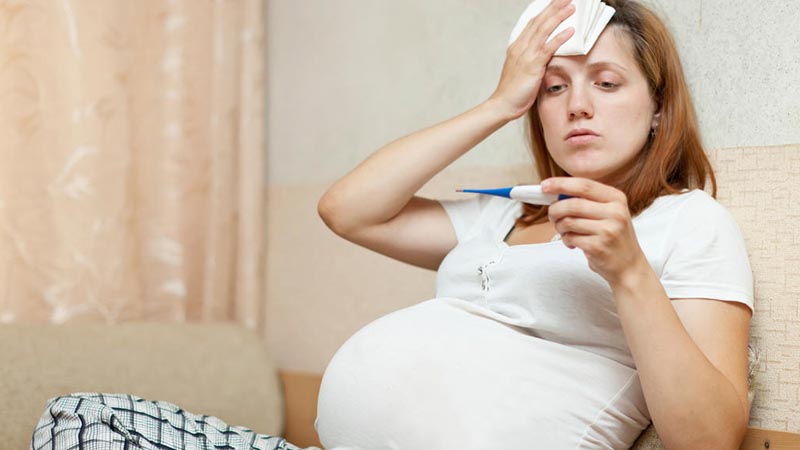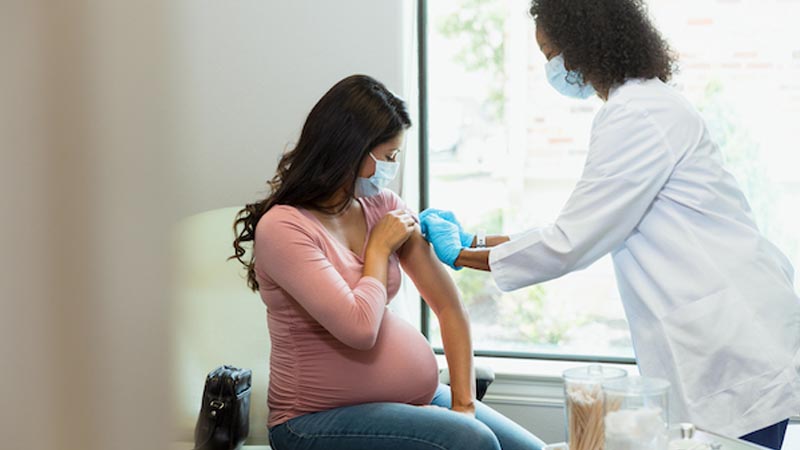Pregnant Women Beware Bird Flu Found to Be Deadly for Mothers and Unborn Babies

(Photo credit: Thinkstock)
Pregnant women who contract bird flu face alarmingly high mortality rates, with most unborn babies also not surviving, according to an Australian review published in Emerging Infectious Diseases. The study examined the impact of highly pathogenic avian influenza A (H5N1) on pregnant women, highlighting the severe outcomes of this virus, which is spreading globally among birds and some mammals.
Dr. Rachael Purcell, an infectious diseases researcher at the Murdoch Children’s Research Institute in Melbourne, explained why pregnant women are particularly vulnerable. “A pregnant woman’s immune system doesn’t work in the same way as it does prior to pregnancy,” she said.
“Unvaccinated pregnant women who get other viruses such as COVID-19 or seasonal influenza often get sicker than non-pregnant women, but we really didn’t know much about what happens to women with avian influenza.”
The review analyzed over 1,500 studies and identified 30 confirmed cases of bird flu in pregnant women from China, Vietnam, Cambodia, and the U.S. The findings were stark: 90% of the infected pregnant women died, and 87% of their babies did not survive. Among the few surviving infants, most were born prematurely.
One challenge highlighted in the study is the exclusion of pregnant women from vaccine trials. While there are trial vaccines for avian influenza developed for pandemic preparedness, they are not recommended for pregnant women due to a lack of safety data.

Dr. Purcell emphasized the need to change this approach: “If women are enrolled in vaccine safety studies, sometimes those women will inadvertently become pregnant, and there’s an opportunity to ethically study what happens to those women.”
Despite the grim findings, Associate Professor Sanjaya Senanayake, an infectious diseases specialist at the Australian National University, noted the limited sample size and emphasized that most human cases of avian influenza result from direct contact with poultry.
This reduces the overall exposure risk for pregnant women, particularly in developed nations with better healthcare resources. However, he affirmed the study’s conclusion that pregnant women are more susceptible to severe outcomes from respiratory infections.
In response to the rising global threat, the Australian government announced a $95 million investment in October to prepare for avian influenza. Australia remains the only continent free from the deadliest bird flu strains, but experts stress the importance of ongoing vigilance and research to protect high-risk groups, including pregnant women.


